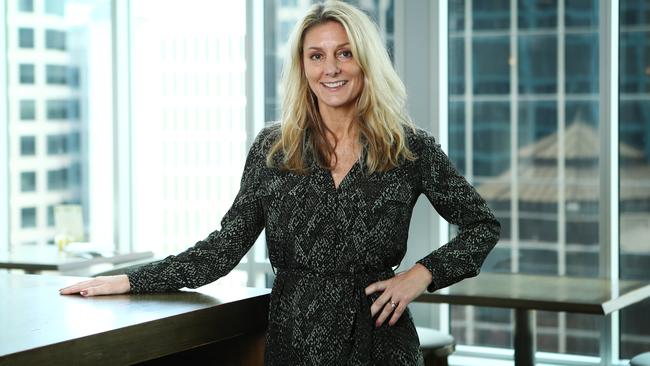Workday gains traction with new software clients
Financial and human capital management software heavyweight Workday has signed up new customers in Australia.

Financial and human capital management software heavyweight Workday has signed up new customers in Australia, with outsourcing firm Acquire BPO, the Salvation Army and 7-Eleven signing up to its software.
Workday’s local list of customers already includes Qantas, Commonwealth Bank, Lendlease and Telstra, with the company’s senior vice-president of products, Barbry McGann, saying the latest wins highlight the expansion of Workday’s technology across different segments of the Australian market.
“The three companies cut across three separate verticals and show you that the challenges of finding the right staff and holding on to them are a critical issue for all businesses,” she said.
“It’s an interesting time when it comes to human resources because not only is the technology changing rapidly, the practices are also changing, the days of performance management are gone and it’s now all about performance enablement.
“We have over 2600 customers across a wide variety of industries, pretty much anywhere people are critical to the organisation, we are there.”
Workday’s platform allows businesses to consolidate back-office functions — procurement, employee data, expense management and financial accounting — making them more efficient.
Acquire BPO is using Workday to manage its finance and HR functions across Australia, The Philippines, the US and the Dominican Republic.
With more than 7000 employees and offices in 12 global locations, company CEO Scott Stavretis said the company was looking for a particular set of capabilities to manage its workforce. “We selected Workday because it’s one of the few providers with a unified platform for human capital management and financial management and is positioned as a leader in both,” Mr Stavretis said. “The platform’s multi-country capabilities allow for global consistency and local variation, we will now be able to deliver real-time, accurate workforce and finance information with improved reporting and analytics capabilities.”
Businesses were increasingly becoming more customer-focused and Ms McGann said the process was also forcing them to become more conscious to the needs of their employees.
“There is a tight connection between customers and employees and businesses want to apply best-of-class technology to improve the experience of employees,” she said.
As incumbent businesses such as Telstra undergo a back-office transformation, the move to the so-called agile workforce requires shedding decades of conventional wisdom on how an office is structured. “In this world you need a lot more flexibility and (to) move away from the idea of job and see it more as a unit of work, you still need a set of rules but you can’t be rigid about all of them,” Ms McGann said.
“What you need is a combination of critical rules that guide the business along with the capability to be agile, it’s an evolution and what we are seeing is that talent is being distributed into marketplaces, where employees are not stuck in one position they can expand their skill sets.”
Aron Ain, the boss of Workday’s keenest competitor, Kronos, is also looking to make the most of the transformation in the way people choose to work and the way they are managed.
“Employees in the knowledge economy have a different set of needs and there are things that aren’t readily obvious, making a business really good to work for requires a lot more than a good pay cheque, you need to build trust; you need the right tools and benefits,” Mr Ain said.
“People join a business because they believe in it and they leave because of who they work for.”
Mr Ain is also a big believer in remote working, saying that contemporary workplaces need to be more conducive towards building trust between management and workers. “You should trust employees, you don’t need to track and monitor what employees are doing all the time, trust is liberating,” he said.
Workday’s Ms McGann says an outcomes-driven approach is critical to trends like remote working. “This is all part of the evolution of the workplace,” she said. “It’s almost like the ‘Uberisation’ of the workplace and it delivers a new supply of knowledge and productivity.”



To join the conversation, please log in. Don't have an account? Register
Join the conversation, you are commenting as Logout